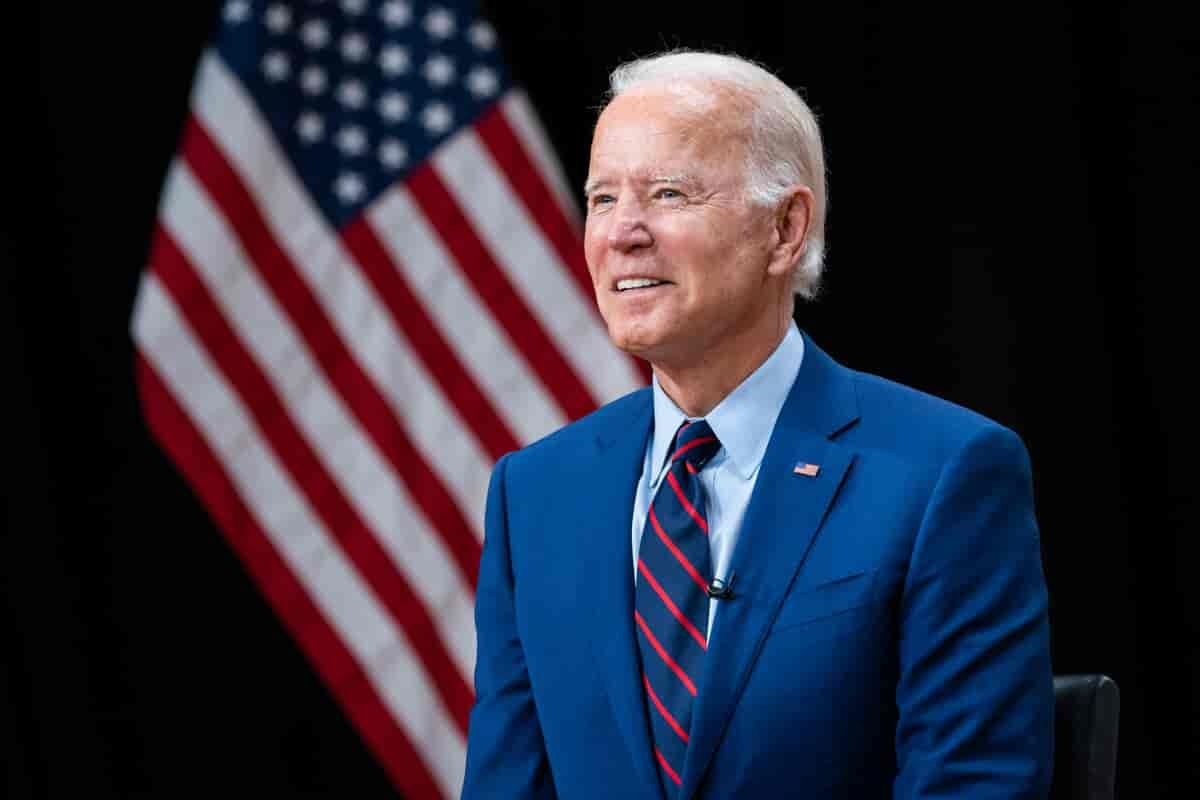US sanctions on Russia mark the return of the US as global guardian

In early March, the US took the decision to impose sanctions on Russia after it emerged that the Kremlin were responsible for poisoning the opposition leader, Alexei Navalny.
Discovery of the Russian’s culpability for the nerve agent attack on Navalny, who’s always been a prominent anti-corruption campaigner and vocal critic of Vladimir Putin, has led to the decision to freeze the assets of seven senior Russian officials.
After years of Trump overlooking this human rights violation, what does Biden’s response tell us about what we can expect from US foreign policy and international relations under the incumbent President?
This diplomatic move by the Biden administration to catch up with sanctions placed on Russia by the EU in October, to which President turned a blind eye, is significant. It is a gesture of willingness to reconstruct the US relationship with intergovernmental institutions and to cooperate in multilateral action.
Biden’s renewed committment to the international community doesn’t end in the sanctioning of Russian officials. As well as committing to re-enter multilateral nuclear talks with Iran, Biden guarranteed US dedication to the transatlantic security alliance NATO in a speech at the 2021 Munich Security Conference.
These actions starkly contrast the Trump era, which was defined by a policy of unilateralism and a dismissal of the concerns of fellow democracies. While President, Trump dismissed NATO as an organisation which benefitted its European members disproportionately since the US contributed most to its maintenance.
In a bid to restore faith in the US, Biden has committed to Article 5, NATO’s principle of collective defence, guaranteeing “an attack on one is an attack on all”.
In recent years, Russia’s persistent disregard for international convention has elevated the importance of NATO as an organisation formed to counter the threat of the Soviet Union. This has been seen through the annexation of Crimea in 2014 and the nerve agent attack in Salisbury in 2018.
Biden’s promise of collaboration in protecting its member states from security threats acts as a commitment to a harsher diplomatic response to Moscow. As the largest financial contributor to NATO, a dedication to the allegiance indicates Biden’s willingness to return the US to the role of global policeman. This is due to it accounting for nearly 70% of NATO’s total defence spending, and being a leading member in its previous military interventions.
The role of global policeman was taken on by the US in the post-war period. The financial support provided by the US to war-torn Europe after 1945, through the establishment of the Bretton-Woods institutions, also included the entrenchment of liberal democracy. Thanks to its economic superiority, the US was able to construct on the world its own image and in that sense, fullfil it’s ‘manifest destiny’.
As the biggest single contributor to the UN budget, until now, it’s future involvement has been uncertain. The country provides 22% of its total and commands the internal democratic framework of institutions including the World Bank.
President Trump’s administration was inherently suspicious of liberal internationalism and retreated from engagement in forms of global governance in favour of unilateralism. This can be evidenced in the formal return of the US as a signatory to the Paris Climate Agreement and reengagement with the United Nations Human Rights Council. Therefore demonstrating Biden is returning the US to the tables of global governance which it will inevitably dominate.
President Trump’s decidedly nationalist agenda of protective tariffs and brutal immigration controls intended to exclusively prioritise US interests. President Biden, however, is presenting a liberal narrative that pledges to consider the nation’s moral obligations to the international community, alongside the interests of the nation state. His administration has announced a commitment to accept 125,000 refugees a year, a substantial increase from President Trump’s meagre commitment to accept 15,000.
Biden is returning to a vision of the US as an immigrant nation founded upon opportunities, freedoms and the availability of the ‘American Dream’ to all who seeks its citizenship. This pledge contributes to Biden’s reconstruction of the nation’s image as a ‘City on a Hill’. By reasserting US commitment to liberal internationalism to the global audience, Biden is returning to the European colonist’s conception of the nation’s potential as a morally exemplary state.
Evident in his approach to the pandemic, Biden is beginning his term with a deliberate portrayal of the commitment of his administration to global interests and the conclusion of the ‘America First’ era.
His administration has returned the US to the World Health Organization,. After withdrawal under President Trump, Biden has made an enthusiastic commitment to supporting the global vaccine effort, pledging $2 billion immediately and a further $2 billion of the next 2 years.
After the nation’s retreat into isolationism and guarding its own interests, Biden is making tentative steps to return the US to its role as ‘Global Guardian’.







